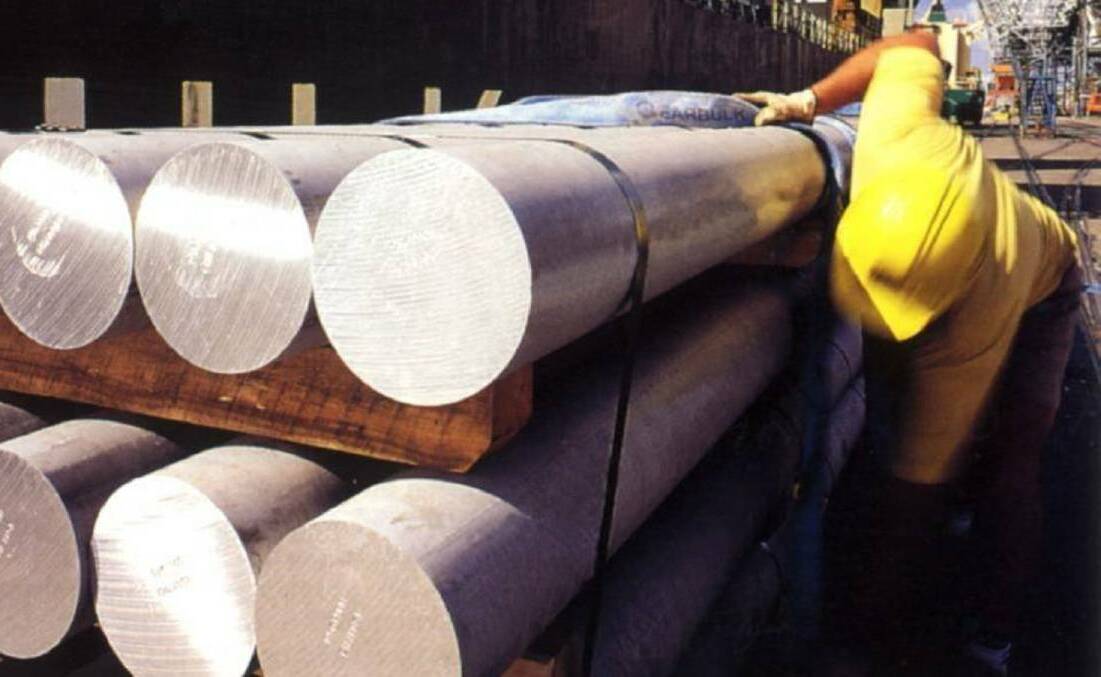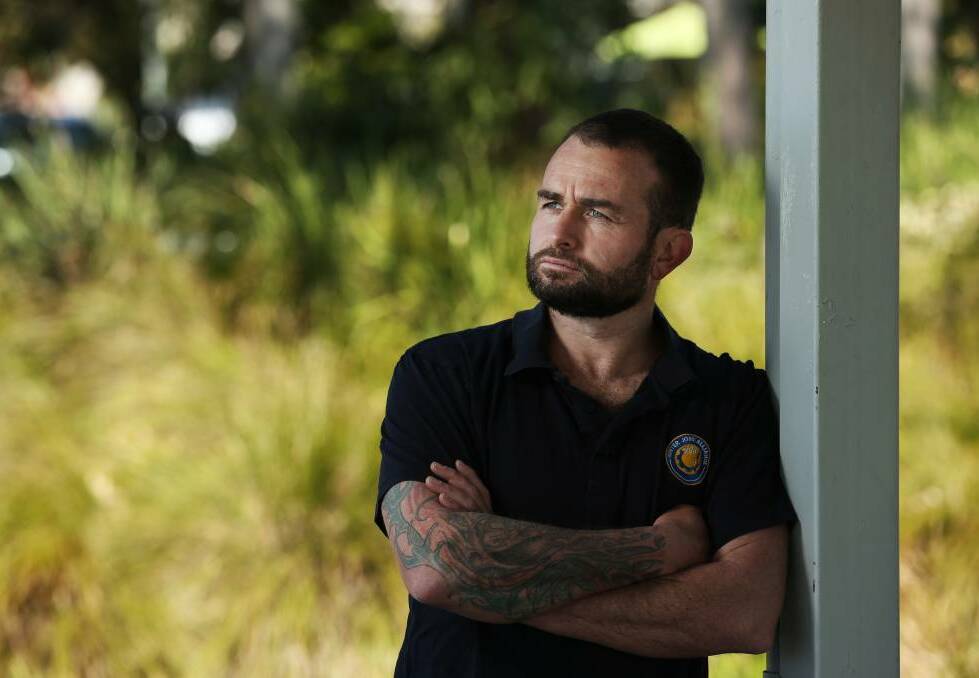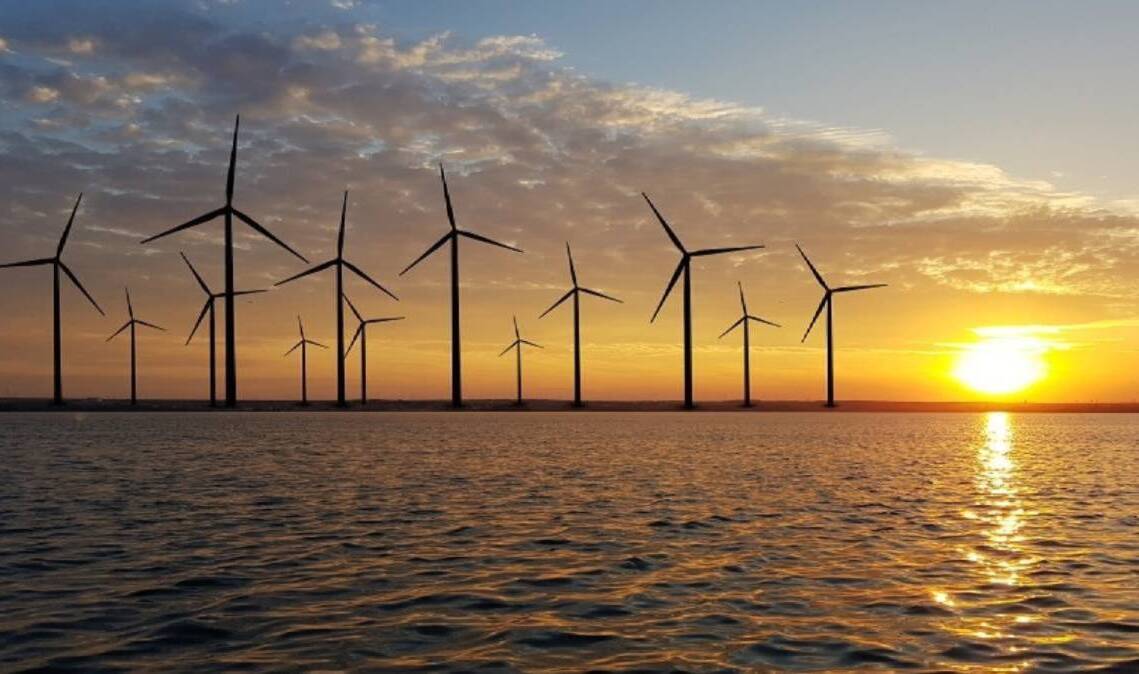
A survey of Hunter residents has revealed almost 75 per cent believe energy prices will "go up a lot" in the next two years.
The survey of 800 residents commissioned by the Hunter Jobs Alliance reflects the double-edged nature of the clean energy transition.
It found while 42.7 per cent 'strongly approved' and 16.6 per cent 'somewhat approved' of the goal of 80 per cent of electricity being generated from renewables by 2030, there remained a significant minority (19.1 per cent) who 'strongly disapproved'.
But among those who were supportive of the push to renewables 45.2 per cent agreed that the 2030 target would most likely cause energy prices to 'go up a lot'.
"There's evidence that people see the upsides, but they know the transition won't be a walk in the park," Hunter Jobs Alliance coordinator Warrick Jordan said.

The phone survey, conducted in late October and early November, found strong approval (51.5 per cent) for the goal. There was a similar level of support (51.4 per cent) for the establishment of a green energy precinct at Kooragang.
While more than 50 per cent agreed Tomago Aluminium's renewable energy goal was realistic, about 30 per cent were sceptical.
"There are different views but people are engaged and considered," Mr Jordan said.
"It makes a bit of a mockery of all the one liner, catch phrase stuff that we have been served up."

Plans to develop offshore wind farms off the Hunter's coast also divided respondents. The survey showed 35.8 per cent of respondents 'strongly approved' and 19.1 per cent 'somewhat approved'. At the same time 21.4 per cent 'strongly disapproved' and 13.6 per cent were neutral.
"The results on offshore wind give an insight into how important it is to get the process right with communities," Mr Jordan said.
"Most people are keen on it, but there's a significant minority who have concerns. There's parts of the transition that need a very respectful approach with host communities, particularly infrastructure like offshore wind, transmission lines, and big solar and wind projects.
"At the end of the day it's critical infrastructure for all of us, for keeping the lights on, and getting prices and emissions down. The communication needs to be good so people are clear on why the whole show is being done, and there needs to be a genuine process so that the environment and the community don't get knocked around as these things are built."
WHAT DO YOU THINK? We've made it a whole lot easier for you to have your say. Our new comment platform requires only one log-in to access articles and to join the discussion on the Newcastle Herald website. Find out how to register so you can enjoy civil, friendly and engaging discussions. Sign up for a subscription here.







